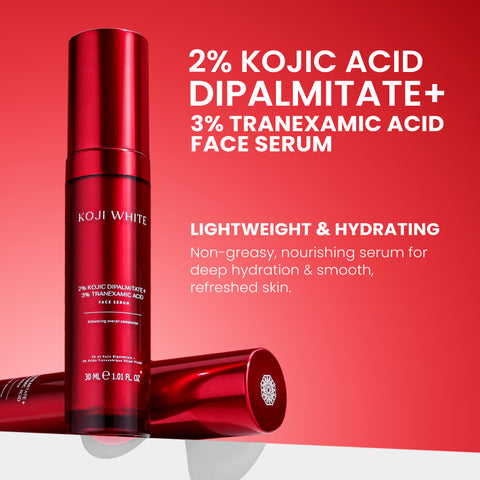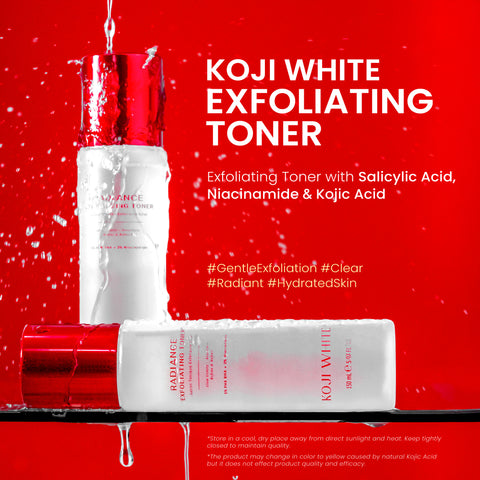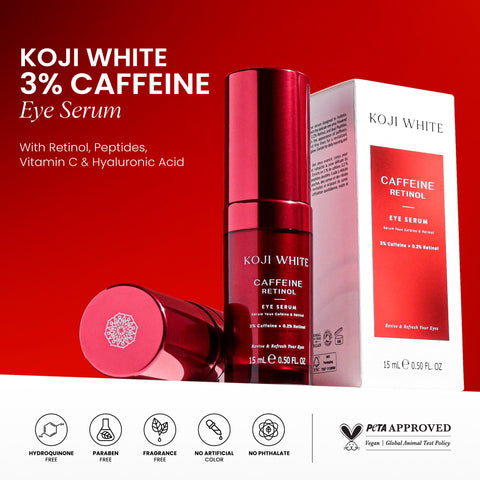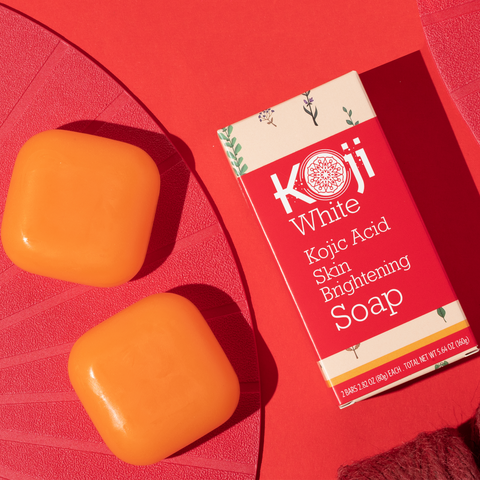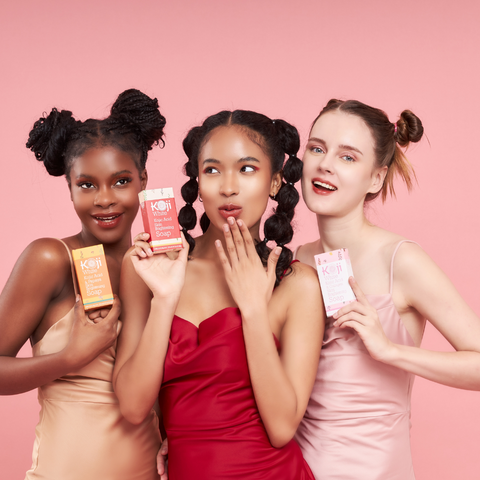
There’s one skincare ingredient that has taken beauty lovers by storm in recent years: retinol!
This powerhouse ingredient can do everything from combatting signs of aging to clearing acne and evening out skin tone, which is why it has become a staple in skincare routines across the globe.
Retinol certainly isn't your average skincare ingredient, which is why it requires a different approach to regular products. Its potent benefits often come with an adjustment period, so it's important to gradually increase your dosage. Keep on reading to learn how to safely and effectively incorporate retinol into your nighttime skincare ritual.
What Is Retinol & What Does It Do?
First of all, it’s important to know exactly what retinol is and how it works. This will help you understand why it can’t be used like other skincare ingredients.
Retinol is a type of retinoid, or a special form of vitamin A. The first retinoids were used in skincare as an acne treatment in the 1970s, but patients soon began enjoying other positive side effects, like the reduction of wrinkles and hyperpigmentation.
This revelation led to a wave of retinol skincare products, which work for a wide variety of skin concerns from anti-aging to skin brightening. Retinol is able to do so much by removing dead skin cells to reveal brighter, firmer, and more even skin.
However, it’s a very potent ingredient that should be used with caution. Most skincare experts recommend starting off with a small dose and working your way up until your skin gets used to it.
Initial Side Effects Of Retinol
Most retinol users will experience slight side effects before they get to their goal of brighter, clearer, and more youthful looking skin.
It’s not uncommon for skin to feel dry and irritated after initial use. Don’t be alarmed - this is just a temporary reaction while the skin adjusts to the removal of dead skin cells. Your new skin cells will still be on their way to the surface, which is why your skin might not look or feel the best at first. Adopting a methodical approach is key when it comes to retinol.
How To Start Using Retinol
Always start slow, using retinol no more than once or twice a week while your skin is in the adjustment phase. Once you stop noticing irritation, redness, and/or tightness, you can gradually up your dose to every other night.
It’s best to use retinol at night for a few reasons. The first is that it better aligns with your skin’s natural cycle. Cell division is at its peak at night, so using retinol can help the process. The second is that sunlight can negatively impact or even break down retinoids. Finally, retinol might conflict with other ingredients in your daytime products, so sticking to nighttime use can help avoid unnecessary issues.
What To Pair With Retinol?
Using retinol takes a bit of chemical mastery. To reap the most benefits, you’ll need to know what ingredients are safe and unsafe to pair with it.
Here are the best ingredients to pair with retinol:
- Vitamin C. This brightening agent makes an excellent match for retinol to create a gorgeous glow. Just be sure to alternate your products: only use vitamin C in the morning, and retinol in the evening.

- Counter the initial dryness that retinol creates by adding ultra-nourishing ceramides to your routine. You can replace any lost moisture and increase hydration with skin-plumping ingredients like hyaluronic acid, jojoba oil, or rosehip oil.

- Retinol can increase skin sensitivity, especially during the adjustment phase. Be sure to protect your skin from the sun’s harsh rays the morning after you’ve used retinol.
Ingredients To Avoid When Using Retinol
You’ll also want to make sure you’re avoiding products that can trigger greater irritation and negative reactions. Keep your routine as safe and effective as possible by avoiding the following ingredients:
- Chemical exfoliants
- Alpha hydroxy acids (AHAs) like lactic acid and glycolic acid
- Beta hydroxy acids (BHAs), including salicylic acid and benzoyl peroxide
Retinol is a one-of-a-kind ingredient that requires a one-of-a-kind approach. Be safe, be slow, and in time you’ll uncover your most gorgeous glow!

